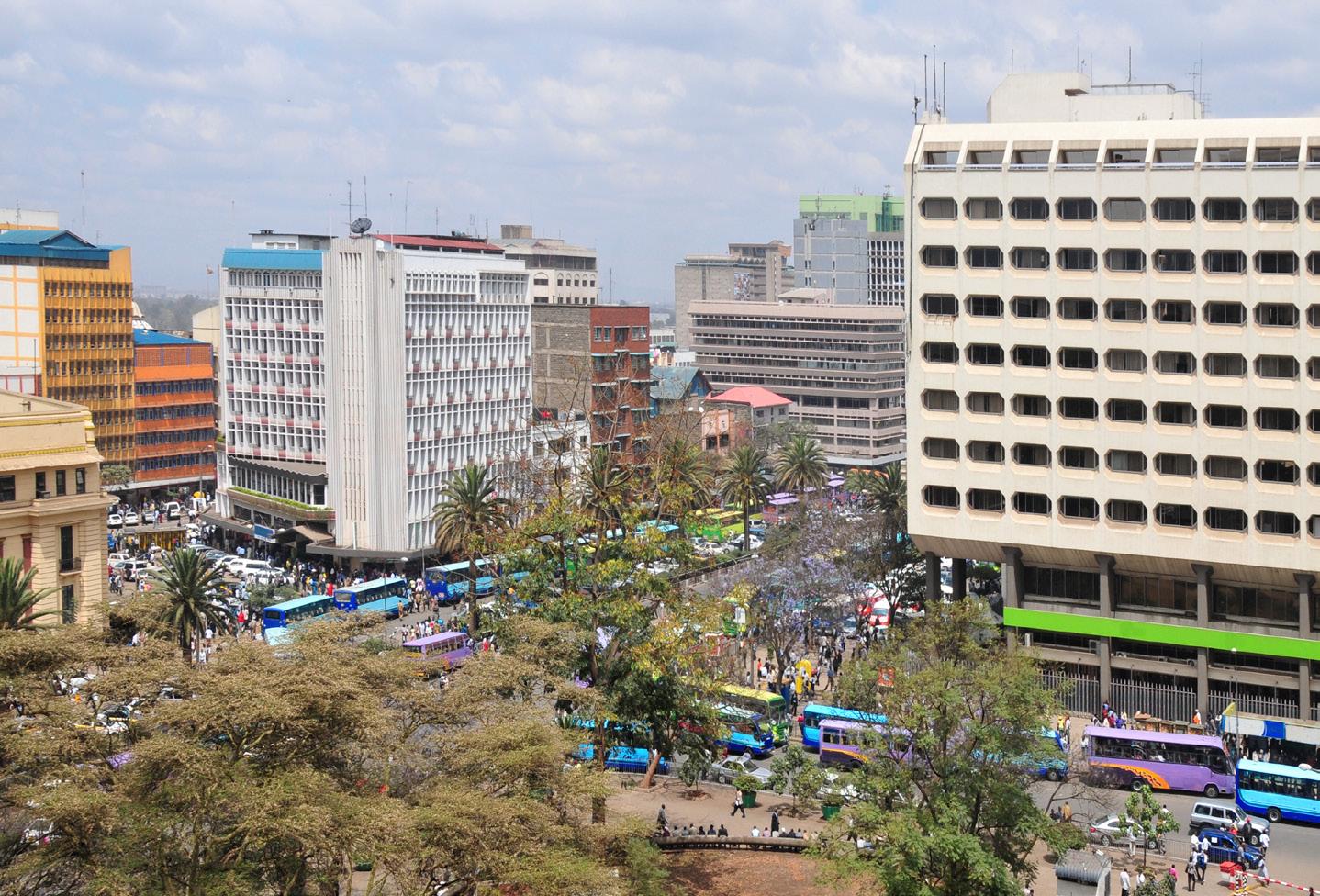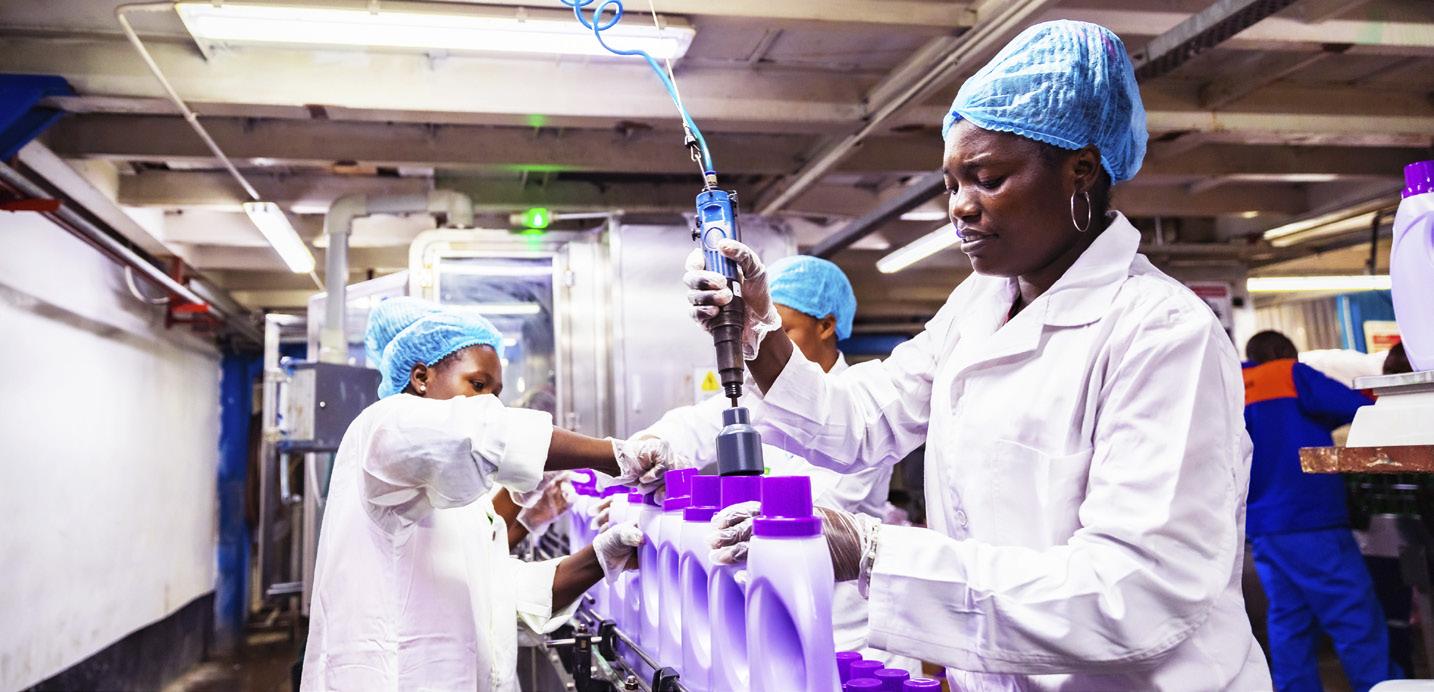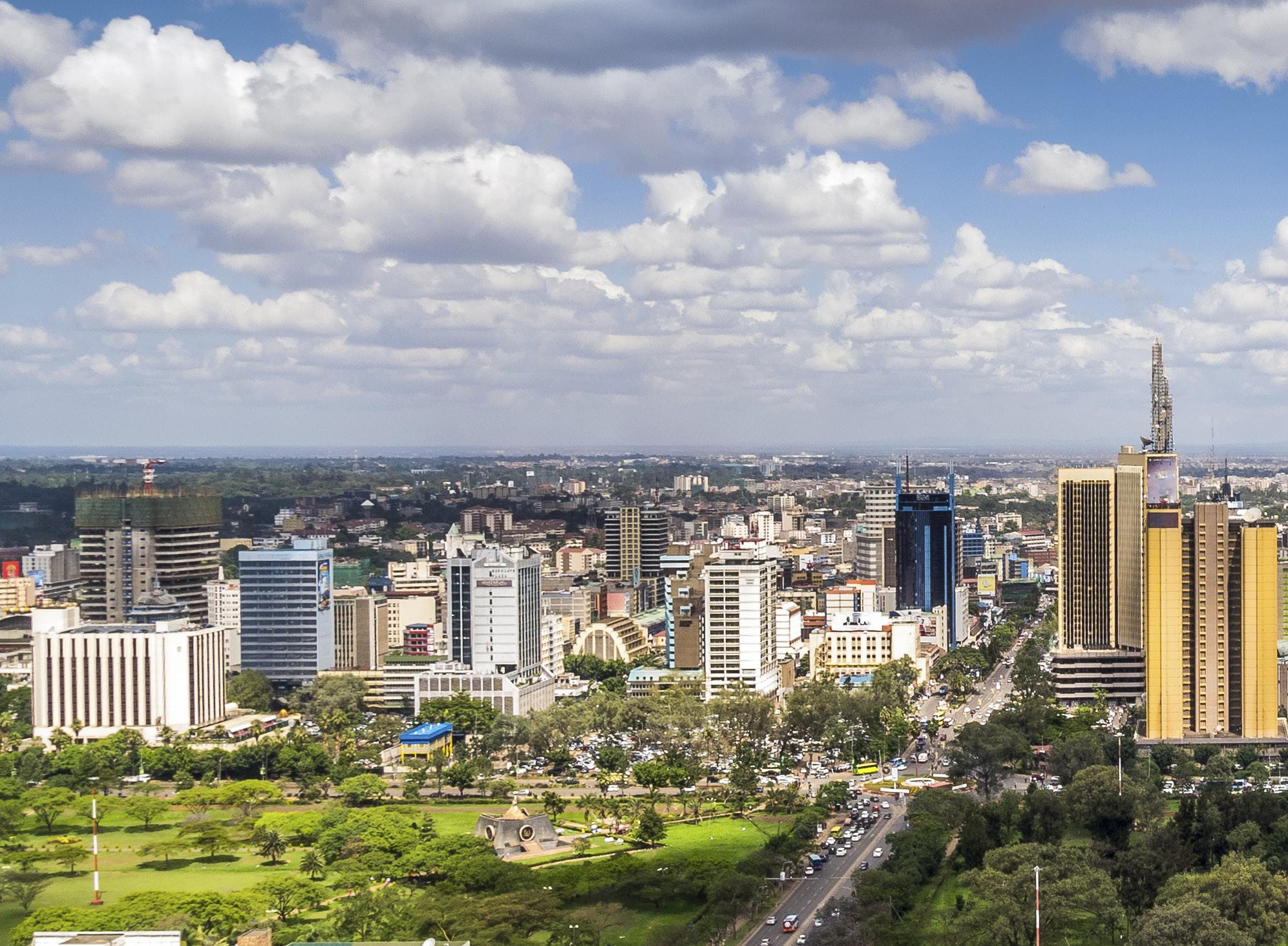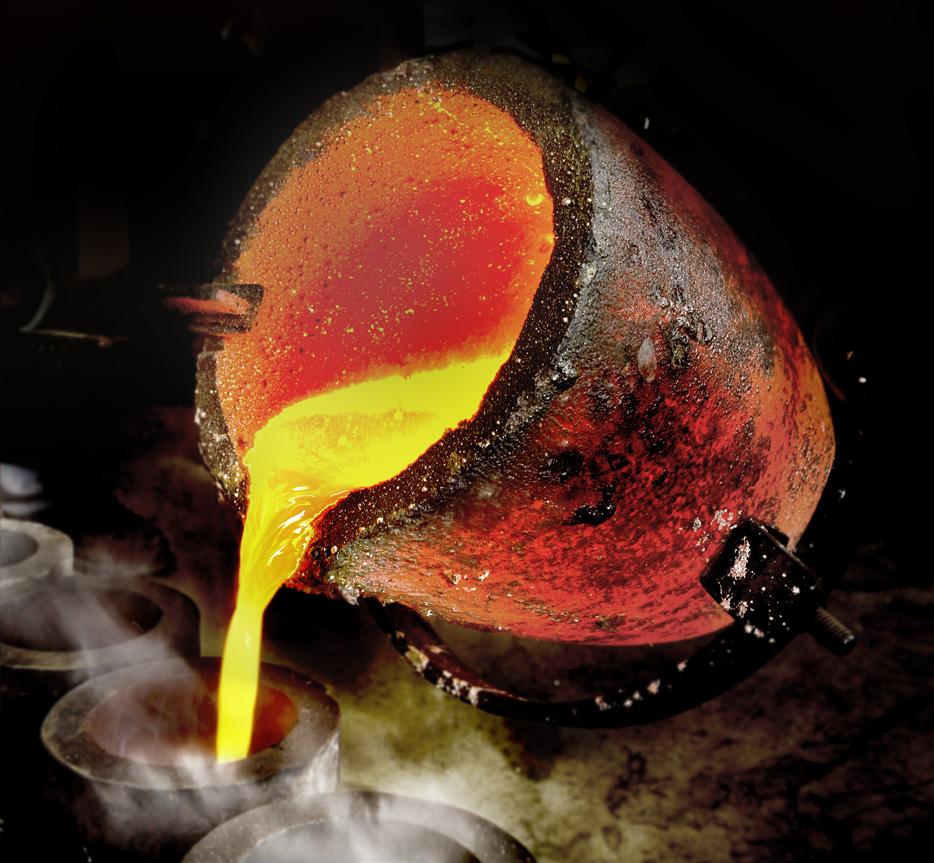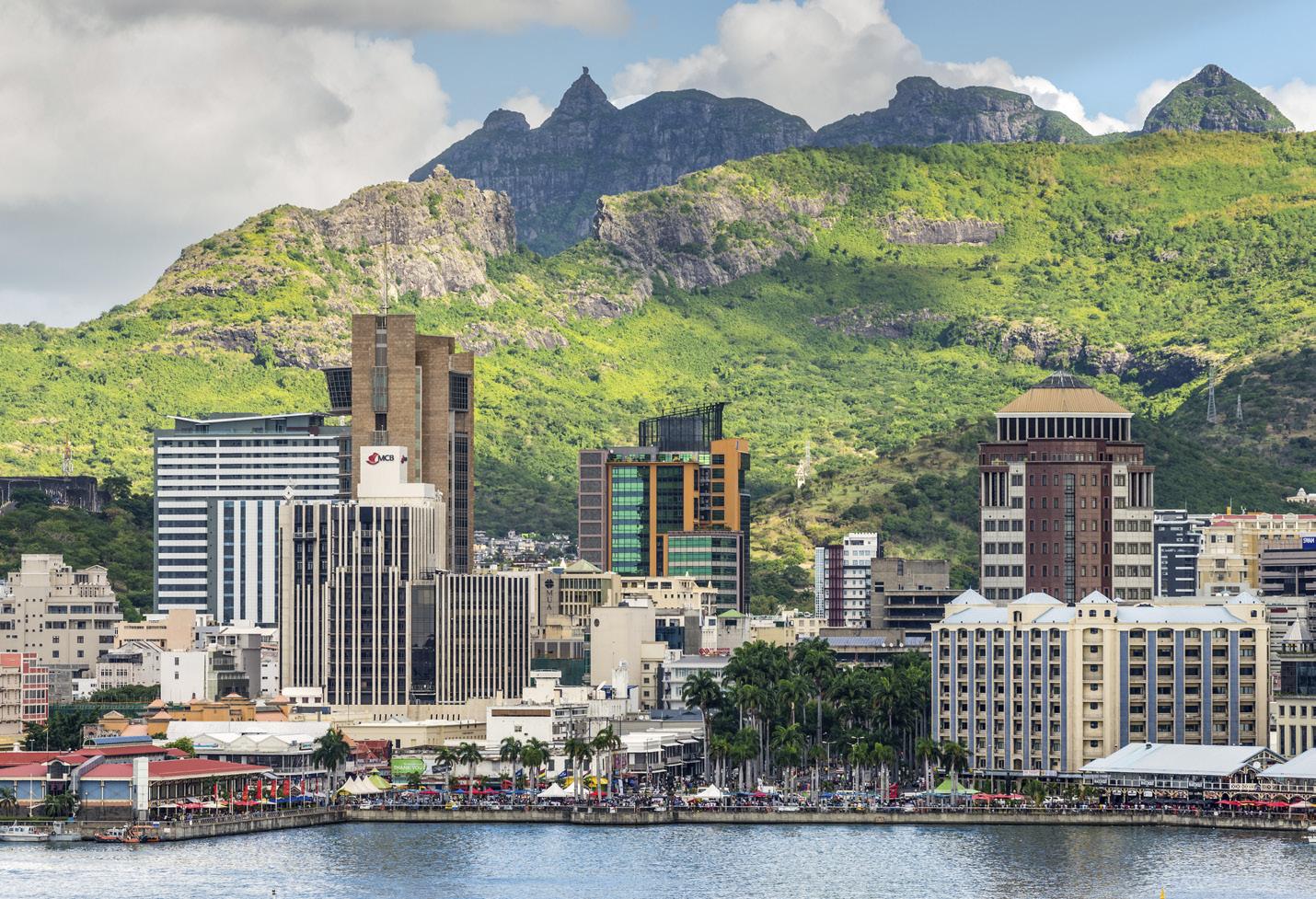FOCUS
South African oil and gas is ready to compete Recent light oil and gas condensate discoveries have the potential to turbo-charge the sector.
S
ignificant discoveries have been made off South Africa’s south-eastern coastline by Total and its investment partners. Drilling activity such as this could be the kickstart that makes South Africa’s oil and gas sector a major player in the African market. In successive years, Total and its partners had great news: gas condensate was found in 2019 at a site called Brulpadda off the coast of Mossel Bay and in 2020, the nearby Luiperd prospect in Block 11B/12B delivered more good results. The block, in the Outeniqua Basin 175km off the southern coast, covers an area of about 19 000km² in water depths of 200-1 800m. The exploration was done by the semi-submersible rig Deepsea Stavanger, which journeyed twice from Norway to lead the exploration projects. The two finds raise the odds of Total investing in what it calls a “world-class” offshore gas site. The drilling campaign employed 195 South Africans with specialist skills but the potential
AFRICAN BUSINESS 2021
20
spinoff is enormous if the find leads to drilling and commercialisation. The new CEO of Petroleum Agency SA, Dr Phindile Masangane, describes the prospect of regular drilling operations off the South African coast as, “A game-changer for South Africa’s upstream oil and gas industry.” Natural gas lies also lies offshore to the west of South Africa in the Atlantic Ocean (Ibhubesi). Block 2A of the Ibhubesi gas field north-west of Saldanha is estimated to have reserves of 850-billion cubic feet of gas. If Total goes ahead with further investments, the PetroSA GTL refinery at Mossel Bay (Mossgas) could be revived and the idea of creating a gas market in South Africa would get a massive boost and the country’s four Special Economic Zones (SEZs) at ports would become critical to its utilisation. A Gas Utilisation Master Plan (GUMP) is being developed as a part of national energy policy and private companies are responding to this changing environment. The major economic sectors currently using gas are the metals sector and the chemical, pulp and paper sector. Large quantities of oil are transported around the Cape of Good Hope every year: 32.2% of West Africa’s oil and 23.7% of oil emanating from the Middle East. The longterm prospects for shipping and oil and gas have persuaded national government to pursue Operation Phakisa (with a strong maritime focus) and for Transnet National Ports Authority to spend R2.5-billion on new equipment at South Africa’s eight ports in 2019/20. At the Richards Bay Special Economic Zone (RBSEZ) a feasibility study is being done on a gas-to-power plant and a large liquid petroleum gas import and storage terminal was recently built for Petredec by Bidvest Tank Terminals.




